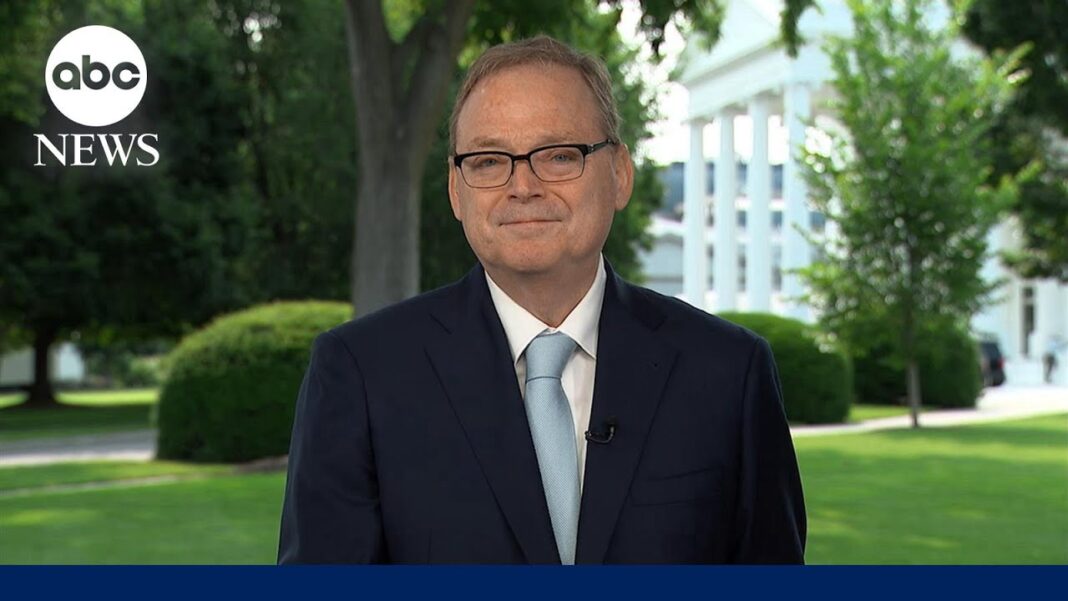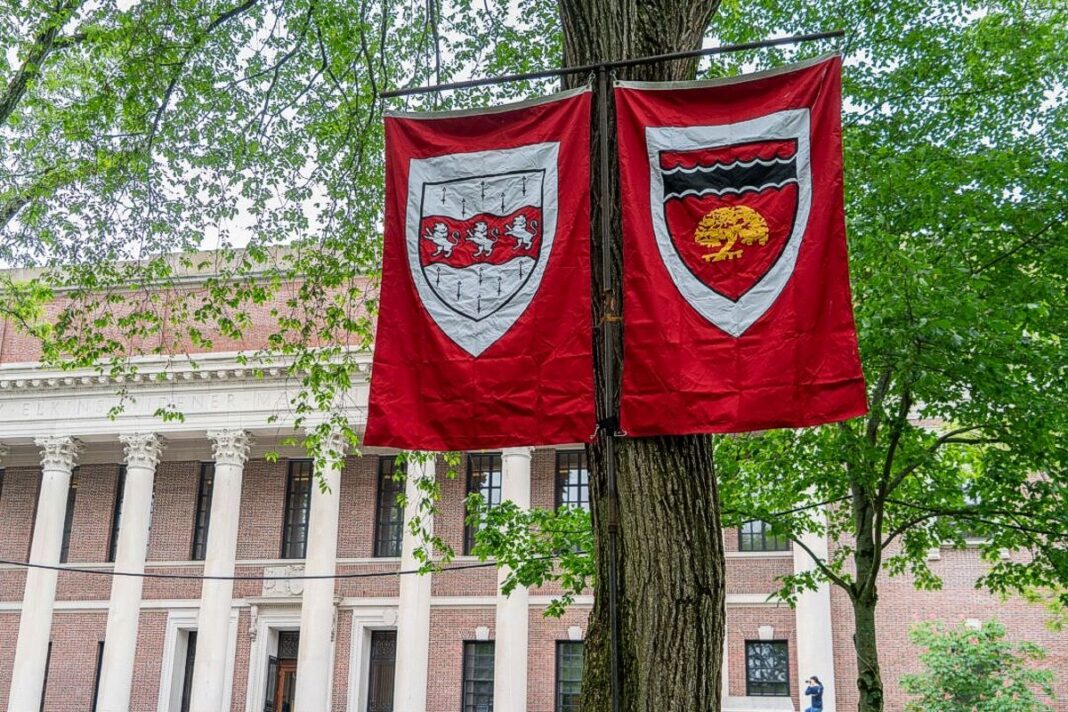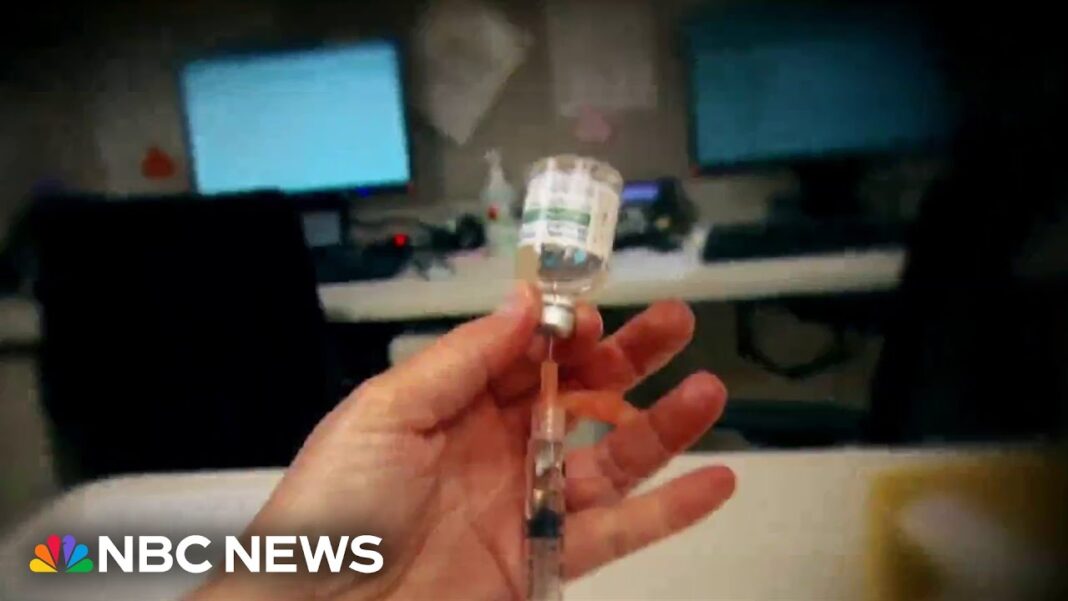Despite legal hurdles, the administration is confident ‘Plan A’ will be successful.
National Economic Council Director Kevin Hassett is “very, very confident” that the courts will support President Donald Trump’s tariff plans.
In a June 1 interview with ABC’s “This Week,” the president’s top economic adviser believes the administration’s “Plan A” will be successful.
“And so we’re very thrilled. We are very confident that the judges would uphold this law. And so I think that that’s Plan A, and we’re very, very confident that Plan A is all we’re ever going to need,” Hassett said.
However, should judges rule against the president, the White House will “have other alternatives” to explore to ensure “we make American trade fair again,” Hassett noted.
A federal court recently ruled that the president cannot invoke the International Emergency Economic Powers Act, or IEEPA, to impose universal baseline and “reciprocal” tariffs. An appeals court paused the U.S. Court of International Trade’s ruling.
If the White House fails to convince the court that the United States will be harmed if the injunction is allowed to remain in place, experts say there are other tools U.S. officials can employ.
The Trade Act of 1974
In 1973, Rep. Al Ullman (D-Ore.) introduced the Trade Act of 1974, which was signed into law by President Gerald Ford in 1975.
The legislation’s purpose was to grant the president more authority when discussing trade agreements and responding to unfair trade practices. Specifically, the legislation fast-tracks negotiating power, which enhances the United States’ bargaining advantage.
Over the past week, experts have focused on two key provisions: Section 122 and Section 301.
Section 122 permits a president to impose tariffs of up to 15 percent for 150 days on imports from countries with large trade surpluses. A president can also institute quantitative limits on goods arriving from foreign markets.
While it is a short-term trade remedy, experts say that the chief advantage for the administration is that Section 122 does not require a formal investigation.
“Such a move would be the quickest workaround but would require congressional approval after 150 days,” said Bernard Yaros, the lead U.S. economist at Oxford Economics, in a May 29 research note. “Nevertheless, it would effectively buy the administration time to pursue higher tariffs through other, more durable, legal means.”
To date, this part of the 1974 law has not been invoked.
Section 301, meanwhile, extends to the president broad authority to tackle unfair trade practices, such as tariffs, sanctions, and other countermeasures.
By Andrew Moran








